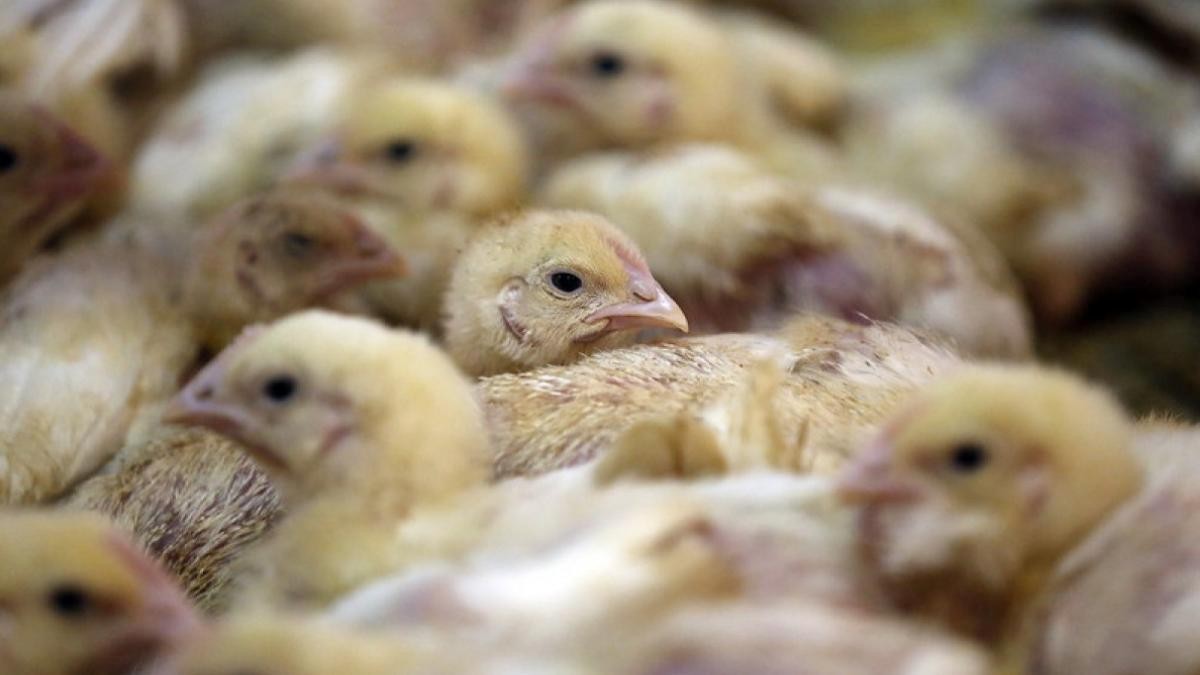Heat stress impairs mechanisms associated with performance in broilers
Understanding the role and regulation of hormonal and metabolic pathways in cases of high temperatures will allow better evaluation of management strategies.
A group of researchers set out to evaluate the possible hormonal mechanisms associated with the response to stress, thermoregulation, and metabolic changes in broilers exposed to high ambient temperatures.
Understanding the role and regulation of these pathways in heat stress cases will allow researchers to evaluate management strategies better to combat it.
To do this, they placed 900 Ross 708 day-old male broilers in floor pens and reared them for 24 days. The chicks were then randomly assigned to one of two treatments, with or without heat stress, and were assigned to battery cages in 8 batteries (10 birds per cage, 2 cages per battery). On day 31, blood was drawn before heat stress and analyzed using an iSTAT analyzer.
Next, half of the batteries were moved to two rooms with a high ambient temperature (35 ° C) for 8 hours. The remaining batteries were kept in the thermoneutral rooms with an ambient temperature of 22 ° C.
Five hours after heat stress, blood was drawn and analyzed with an iSTAT analyzer. Birds were euthanized, and hypothalamus and pituitary samples were collected (16 birds per treatment), which were flash frozen stored at -80 ° C until RNA extraction.
Quantitative reverse transcription PCR was used to compare the mRNA levels of key corticotropic and thyrotrophic genes in the hypothalamus and pituitary. The mRNA levels for each target gene were normalized to PGK1 (pituitary) and GAPDH (hypothalamus) mRNA. Differences were determined using mixed model ANOVA.
Parameter decrease
Heat stress significantly decreased food intake, body weight, bicarbonate, potassium, CO2, and triiodothyronine, while mortality, glucose, pH, plasma thyroxine, and corticosterone increased.
Expression of pituitary corticotropin-releasing hormone receptor 1 was down-regulated (P <0.001), whereas corticotropin-releasing hormone receptor 2 mRNA levels were higher (P = 0.001) in heat-stressed birds.
Heat stress also increased the expression of thyroid hormone receptor β (P = 0.01) (2.8 times) and thyroid stimulating hormone β (P = 0.009) (1.4 times). On the contrary, it did not affect the mRNA levels of the genes evaluated in the hypothalamus. The results showed that heat stress significantly affected both the thyrotropic and corticotropic axes.
Ronique C. Beckford, Laura E. Ellestad, Monika Proszkowiec-Weglarz, Linda Farley, Kristen Brady, Roselina Angel, Hsiao-Ching Liu, Tom E. Porter. Effects of heat stress on performance, blood chemistry, and hypothalamic and pituitary mRNA expression in broiler chickens. Poultry Science Volume 99, Issue 12, December 2020, Pages 6317-6325. https://doi.org/10.1016/j.psj.2020.09.052














List
Add
Please enter a comment